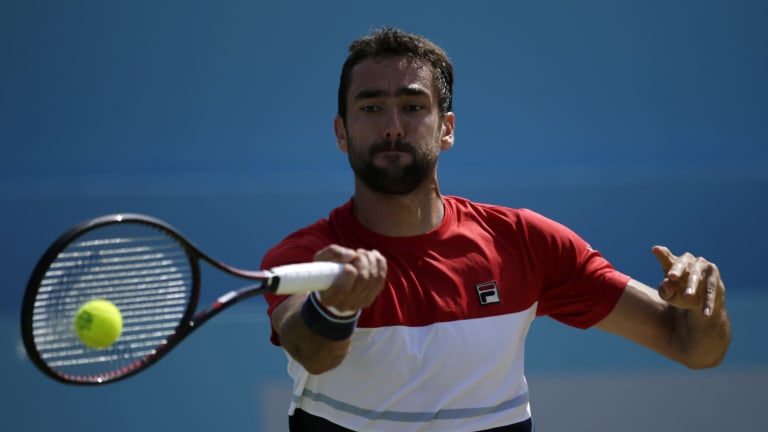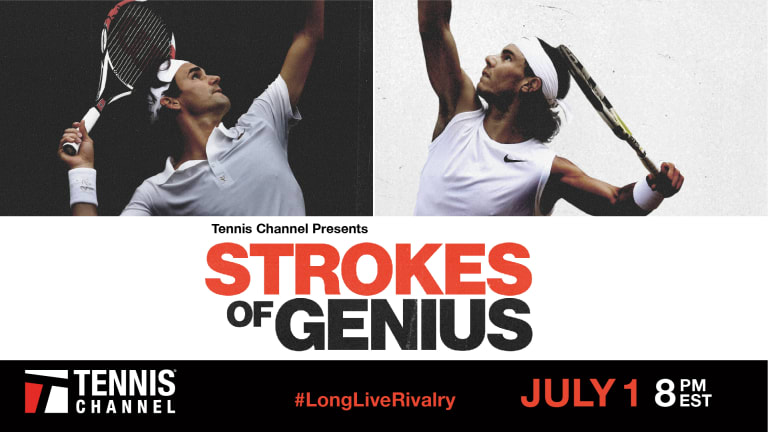Tennis is awash in dramatic moments, but this one was different. Very different.
It occurred during what many consider the peak moment of the tennis year, the Wimbledon final. And the author and subject of the moment was not running, jumping, winning or losing a point. He was sitting in a chair.
Marin Cilic, his face half-buried in a towel, was trying to stem the flow of tears. As it become evident that something was wrong, a murmur ran through the crowd. Legions of television viewers around the world suddenly began to feel uncomfortable. They didn’t exactly know what they were watching, but they were pretty sure they shouldn’t have been seeing it.
Cilic was in the throes of an anxiety attack. The way Roger Federer was busy running away with the match, that might have been understandable. But it slowly became evident that Cilic was suffering physical pain, from blisters deep under the calloused sole of his left foot.
Sitting there, his vision blurred by tears, a trainer going through the motions of fixing a condition that was, for the time being, irreparable, Cilic reflected bitterly on all the hard work he had put in to reach this match. The long hours on the practice court, all that time in the gym. All the things just to get your body ready for everything—then this, he thought.
“It didn't hurt so much that it was putting me in tears,” Cilic said after Federer rolled to a straight-sets win. “It was just that feeling that I wasn't able to give the best.”
WATCH—Match point from Cilic's win over Novak Djokovic in the Queen's Club final:

